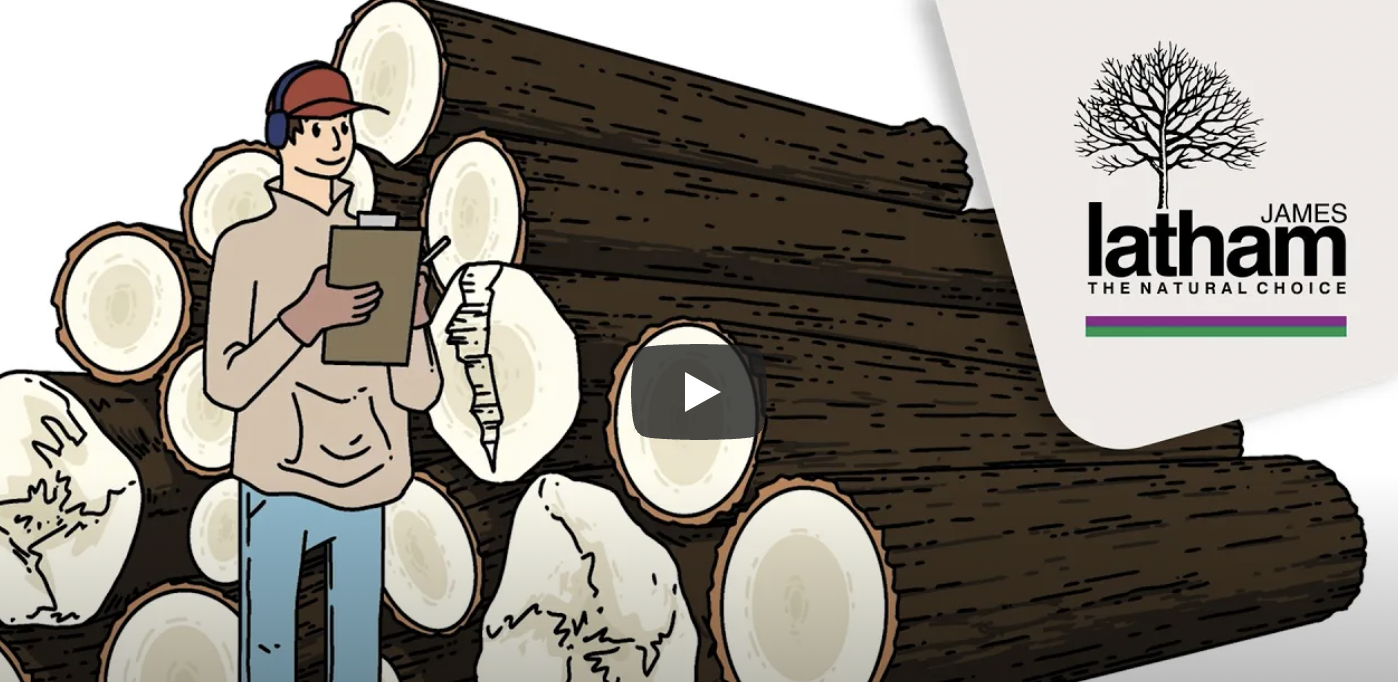Co-founder and director of HR consultancy 10Eighty Liz Sebag-Montefiore offers her top tips on how to ace an interview

An interview is an audition – an opportunity to shine and demonstrate you are the perfect person for the role. The actor Harlan Hogan points out that “You never get a second chance to make a first impression…” so it pays to be well prepared.
Three key things when preparing for an interview:
Sponsored Video
- Research the company and the work they do
- Organise some interview practise that covers tough and common interview questions
- Look for background information about the individual you are interviewing with
Researching the interviewer
Check the company website to see if the interviewer has a bio there; depending on the size of the company and seniority of the interviewer you may find them on Bloomberg. Don’t forget Google, you may find something useful. Check on LinkedIn, Facebook and Twitter – are there contacts who you both know or follow?
Think about questions that you might ask the interviewer; people love talking about themselvs, so see if you can do enough research to ask thought-provoking questions about them. LinkedIn may alert you to mutual connections; inside information is always useful. So, if you can, talk to people who know your interviewer and who have worked with them in the past.
Probing questions
You many be asked tricky questions as interviewers probe to assess how you react. Keep your answers concise and relevant. It’s likely you will be asked competency-based questions around your previous roles, so be sure to have plenty of examples prepared.
Employability skills are an important factor for success at work and showing that you have such skills during the interview process, alongside your technical expertise, will help differentiate you from the competition. Concentrate on showcasing good communication skills, commercial awareness, a commitment to lifelong learning, problem-solving skills and professional manner and attitude.
No interview is easy and we all have ‘off days’ but practise really helps. It’s a good idea to get someone to help to rehearse responses, improve your confidence and hone your performance.
STAR technique
Use the STAR approach for structured, focused and effective answers to interview questions:
Situation (What was the context? Where were you and what were you doing?)
Task (What goal did you set yourself? What was the problem or challenge?)
Action (What action did you take? Be explicit about your role.)
Result (What was the outcome and why? What would you do differently another time?)



